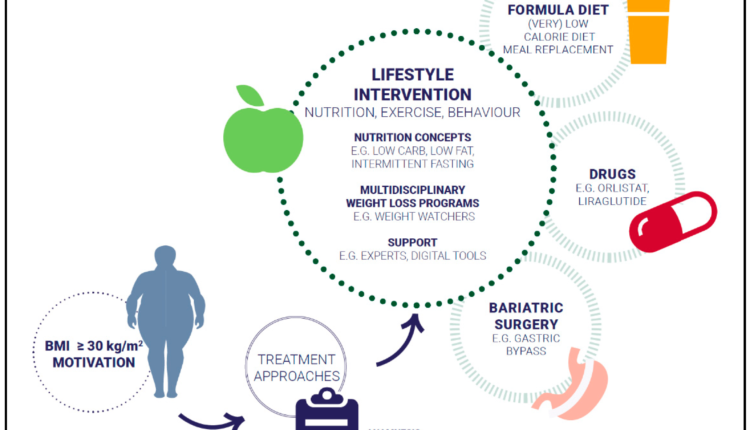Mental health practices can transform weight loss journeys. Many clinics now see the value in this integration. In places like medical weight loss dallas, mental health is a key part of treatment. This approach addresses both mind and body. Understanding this connection can lead to lasting success. Let’s explore how mental health practices enhance weight loss clinics.
The Mind-Body Connection
Weight loss is not just about shedding pounds. It is about creating a healthy lifestyle. The mind and body are deeply connected. This connection means that mental health can directly impact physical health. When we feel well mentally, we make better choices for our physical health. Stress, depression, and anxiety can hinder weight loss efforts. Addressing these mental health issues can make the process smoother and more effective.
Benefits of Combining Mental Health and Weight Loss
Integrating mental health practices into weight loss clinics offers several benefits. Here are three important ones:
- Personalized Care: Understanding mental health allows clinics to tailor programs to individual needs. Each person has unique challenges and triggers. Personalized care addresses these effectively.
- Long-term Success: Mental health support helps individuals develop skills for maintaining weight loss. This focus on lasting change is more effective than short-term solutions.
- Improved Motivation: Addressing mental health can boost motivation. When we feel good mentally, we are more likely to stick to our goals.
Approaches Used in Clinics
Clinics use various methods to integrate mental health into their programs. These methods focus on the whole person and include:
| Method | Description |
| Cognitive Behavioral Therapy (CBT) | Helps change negative thought patterns that affect behavior. |
| Mindfulness Practices | Encourages awareness and acceptance, reducing stress and emotional eating. |
| Group Therapy | Provides support and shared experiences, enhancing motivation and community feeling. |
Evidence Supporting Integration
Research supports the integration of mental health practices in weight loss. Studies show that behavior change techniques, like cognitive behavioral strategies, improve weight management outcomes. The National Institutes of Health highlights how psychological approaches can aid in sustaining weight loss. Additionally, mindfulness-based interventions have proven effective in addressing emotional eating and stress-related challenges.
Challenges and Future Directions
Despite the benefits, integrating mental health into weight loss clinics faces challenges. The stigma around mental health can deter people from seeking help. There is also a need for more trained professionals who can blend these fields. Continuous research and education are crucial. Health professionals must work together to create comprehensive programs that can evolve with new findings.
Moving forward, weight loss clinics should focus on holistic health. Collaborating with mental health experts can drive this change. By fostering environments that support both physical and mental health, clinics can help individuals achieve sustainable health outcomes.
Conclusion
The integration of mental health practices in weight loss clinics represents a promising shift in healthcare. By addressing the mind-body connection, clinics can provide comprehensive care that supports long-term success. As we understand more about the interplay between mental and physical health, these integrated approaches will likely become standard practice. This holistic focus ensures that weight loss journeys are both effective and empowering.


Comments are closed.